
TWF Newsroom
What Is an Article 78 Proceeding?
Explore the purpose and process of an Article 78 proceeding, from filing requirements to potential outcomes, when challenging government decisions in New York.
Am I Able to Sell Solar Energy Back to the Utility?
If your solar panels generate more electricity than you use, New York allows you to export that surplus to the utility and earn credits or reimbursement—typically through net metering programs or specific utility arrangements. Aligned with state policies and local utility rules, this process enables businesses and homeowners to reduce energy costs and support clean power.
What Are the Pros and Cons of Buying Electricity Through a PPA?
Understand how power purchase agreements work, their potential cost savings and stability benefits, and the long-term commitments and risks businesses should consider before signing.
What Is Adverse Possession and Commercial Property?
Understand how adverse possession works in commercial real estate, including the legal requirements, potential defenses, and ways to prevent property disputes.
What Are Zoning Maps and Text Amendments?
Gain insight into the role of zoning maps and text amendments in shaping property use, development rights, and compliance requirements for landowners and developers.
Guide to Due Diligence in Energy Projects
Discover the key steps in conducting due diligence for energy projects, from environmental impact reviews to regulatory compliance checks, to safeguard your investment.
Did a New York Agency Deny You?
Learn how to respond if a New York agency denies your request, from understanding the reason for denial to navigating appeals and securing legal representation.
What Is New York’s Environmental Quality Review Act?
Learn the purpose and process of the State Environmental Quality Review Act, including project triggers, environmental assessments, and public participation requirements.
What Is a “No Further Action” Letter?
A “No Further Action” (NFA) letter is a formal declaration from a government agency confirming that you’ve met all cleanup or remediation requirements for an environmental issue—such as a spill or contamination—in New York. It formally closes your file and can be essential when seeking financing, selling property, or protecting against environmental liability.
How Do Shareholder Disputes Arise?
Explore the typical sources of shareholder disputes, including disagreements over company direction, fiduciary duties, and the handling of business assets.
Understanding How a Non‑Conforming Building or Land Can Be Used
A property becomes non‑conforming under New York zoning when a once‑legal use or structure no longer meets newer zoning rules. While these uses and buildings are typically protected, you may face limits on expansion, reconstruction after damage, and rebuilding after substantial destruction.
How to Form a Limited Liability Company (LLC) in New York
Follow a clear process for starting an LLC in New York, from selecting a name to filing Articles of Organization and meeting publication and tax obligations.
Do You Need a Letter of Intent for Commercial Real Estate Deals?
Learn the role of a letter of intent in commercial real estate transactions, including how it sets expectations, clarifies deal terms, and helps avoid disputes.
How the NLRB Decision May Lead to Business Litigation
Discover how rulings by the National Labor Relations Board can spark legal disputes for employers, including union issues, employee rights, and policy changes.
How Do Administrative Hearings Work in New York?
Learn the process of administrative hearings in New York, including filing requirements, evidence rules, hearing procedures, and how legal counsel can help protect your rights.
Are You Ready to Build Your Breach of Fiduciary Duty Case?
Learn the elements of a breach of fiduciary duty claim, including proving a fiduciary relationship, breach, damages, and available legal remedies.
How to Avoid Business Litigation by Licensing IP Correctly
Explore how drafting clear intellectual property licenses can prevent disputes, safeguard your rights, and ensure proper use of your business’s creative works.
Can a Receiver Take My Business?
Explore the circumstances where a receiver may be appointed to manage a business, what powers they have, and the legal strategies available to safeguard your ownership and operations.
What Is a Quiet Title Action?
Learn how a quiet title action can establish clear ownership of real estate, remove liens or claims, and resolve boundary disputes through the court process.
What Are 3 Things to Consider When Closing on Commercial Real Estate?
Discover the most important legal and financial considerations before finalizing a commercial property purchase, including due diligence, contracts, and title review.



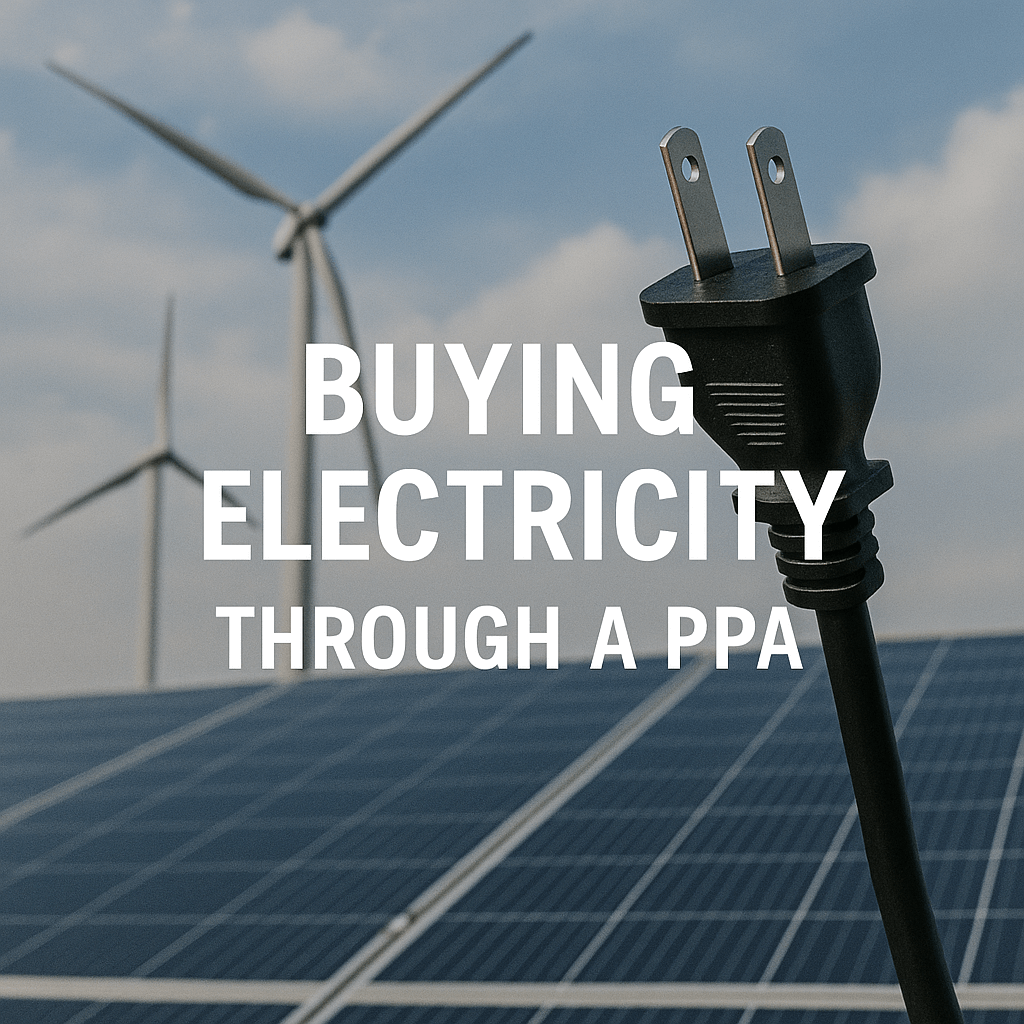

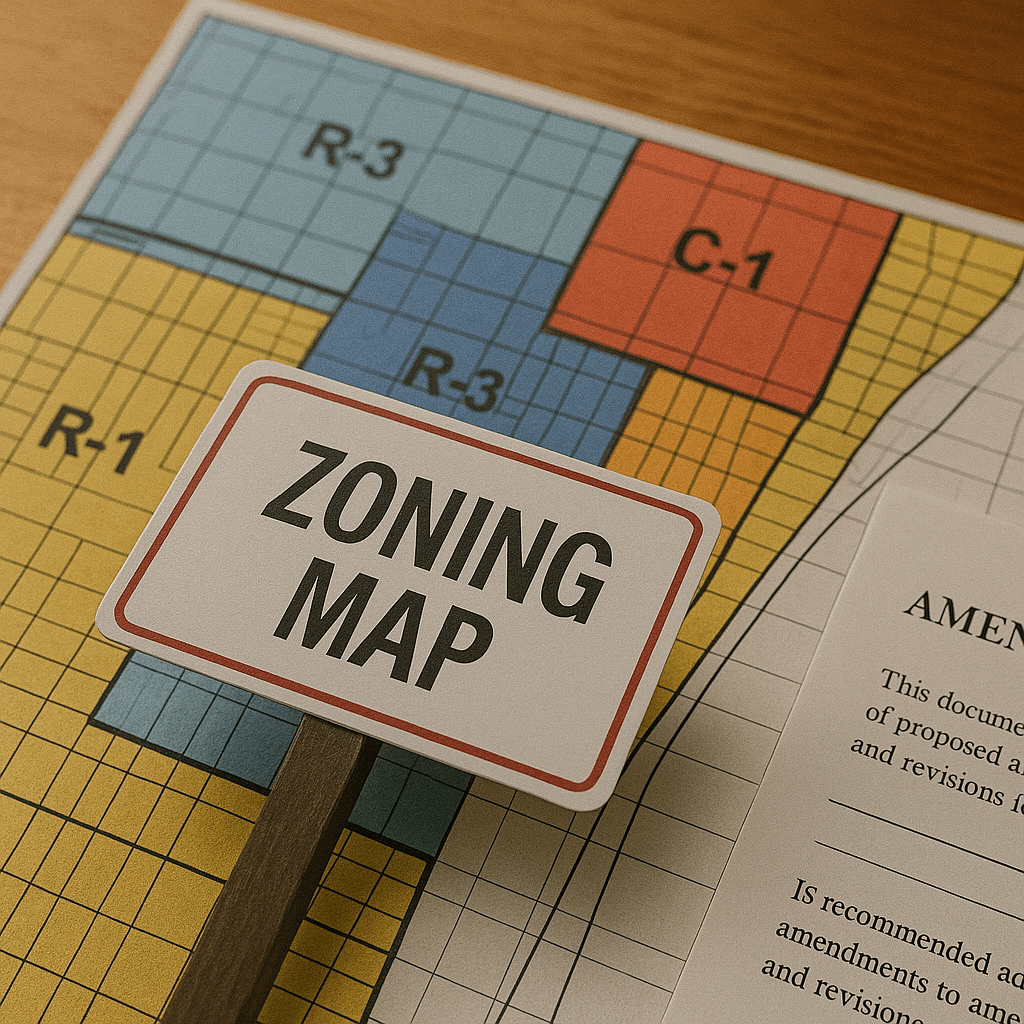


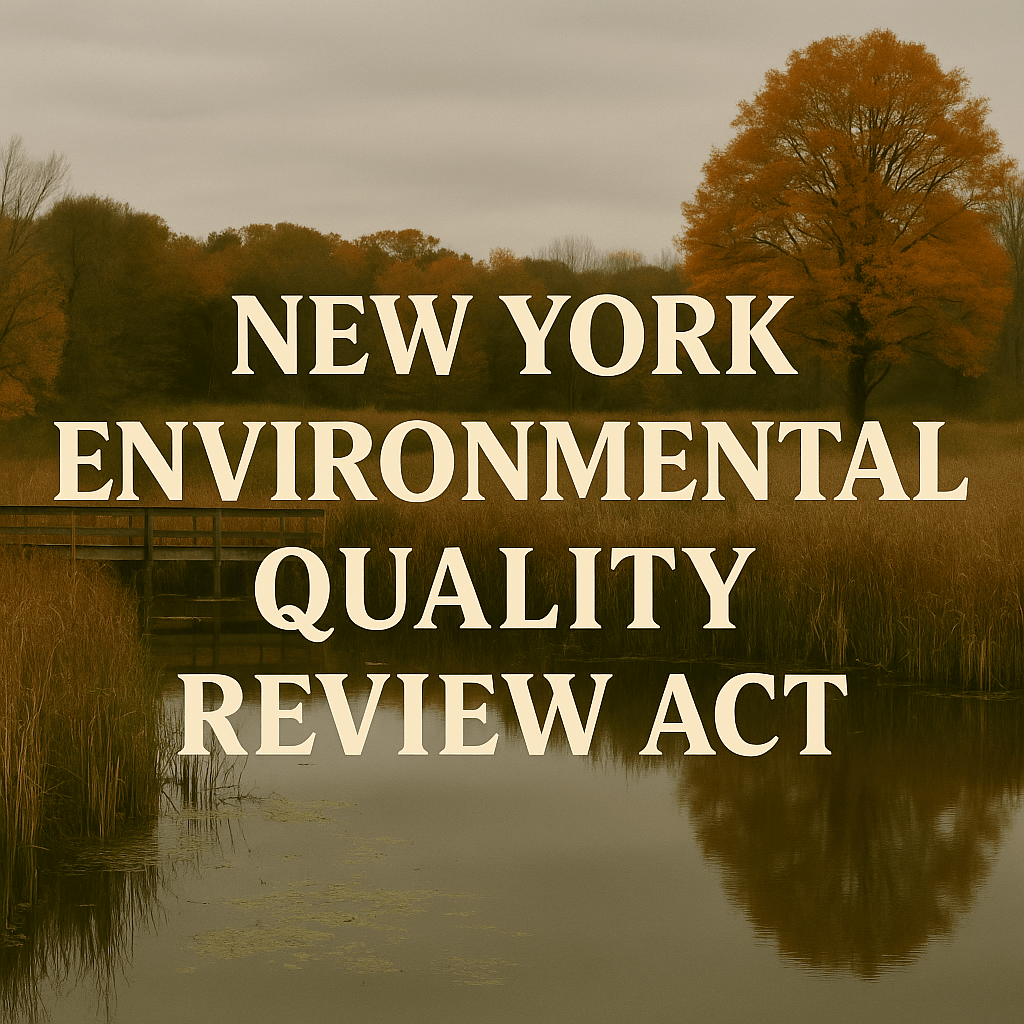

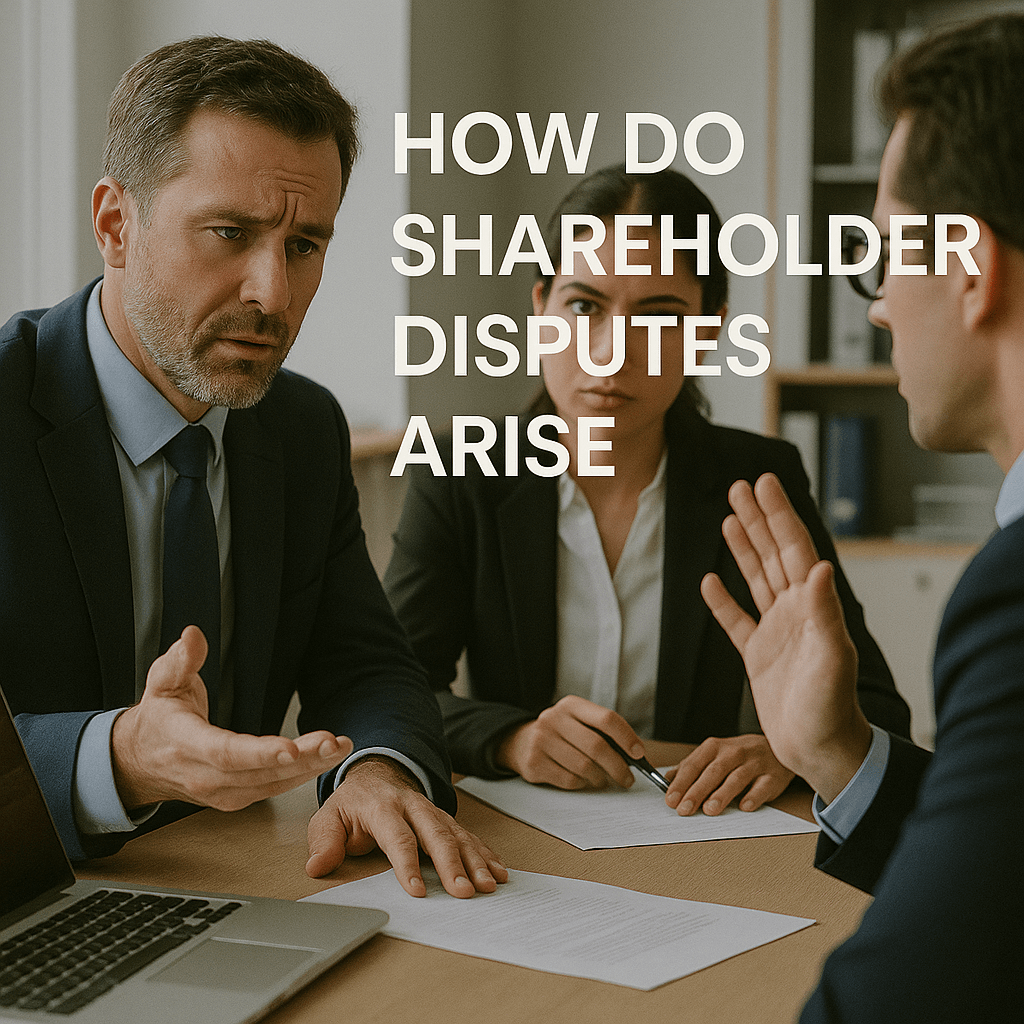








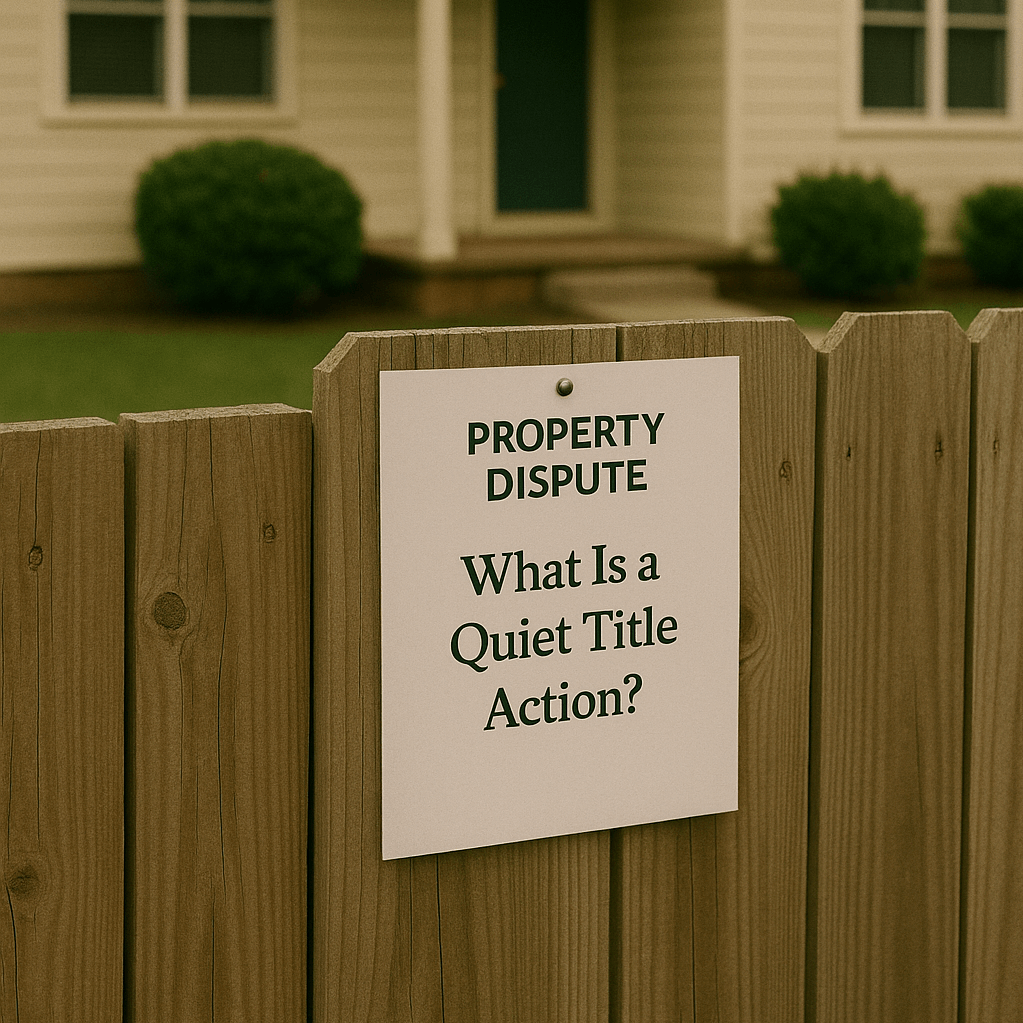

.png?content-type=image%2Fpng)